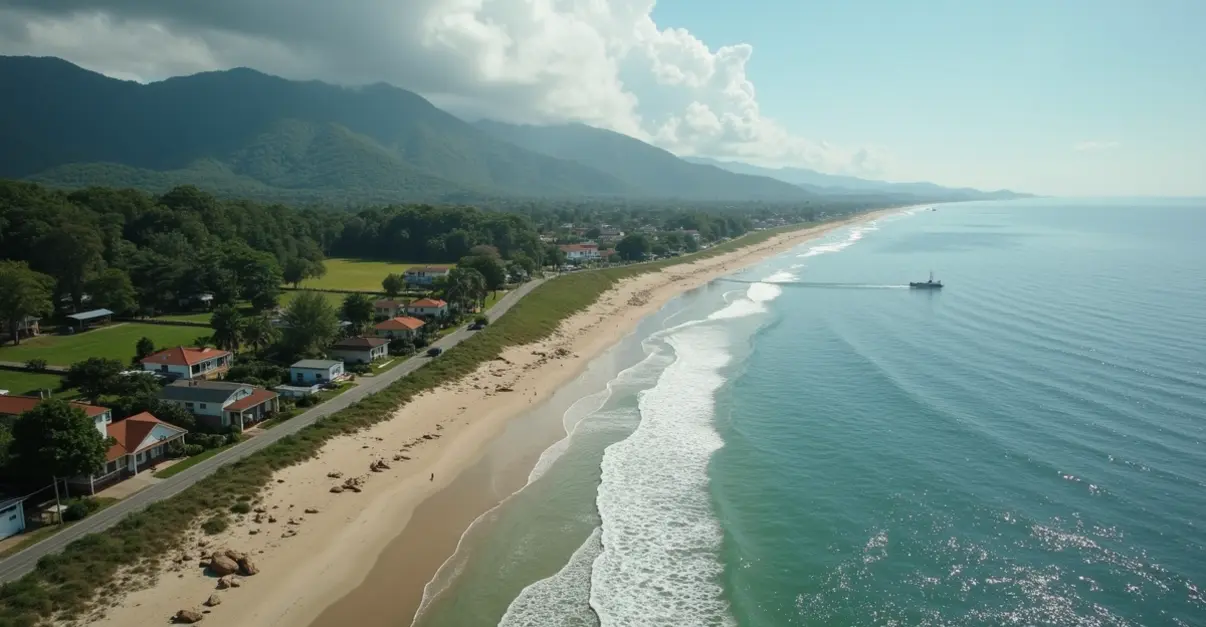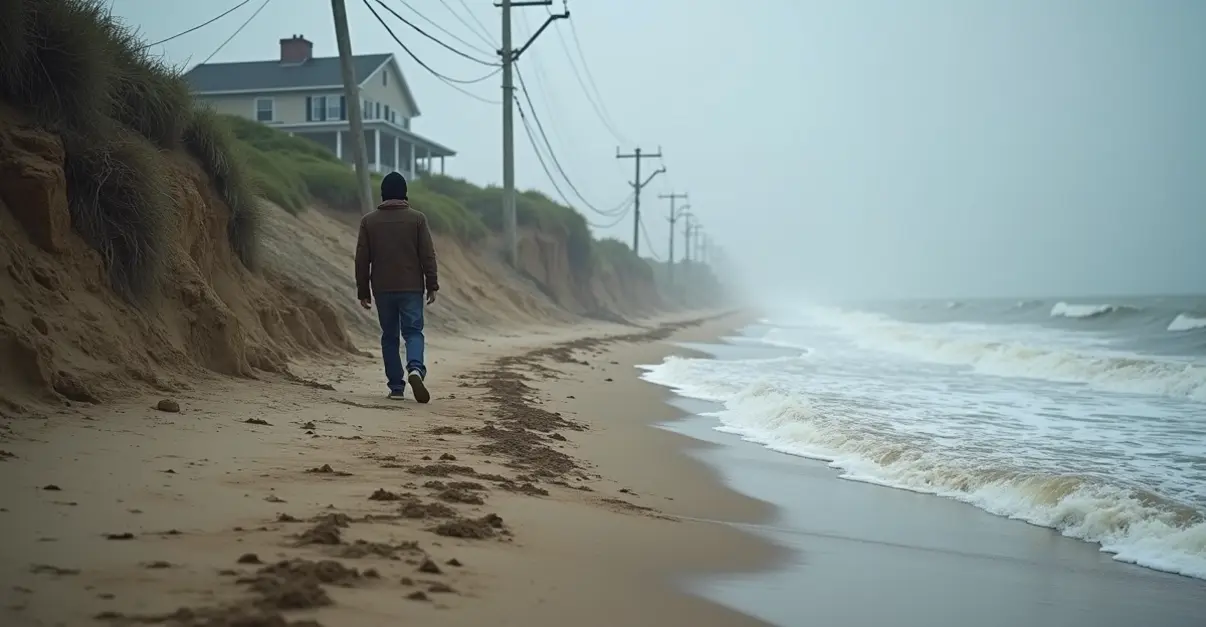Federal Initiative Provides Framework for Coastal Community Relocation
A comprehensive national program is now providing critical support for coastal communities facing relocation due to climate change impacts. The initiative outlines detailed funding criteria, stakeholder engagement requirements, and legal frameworks to guide communities through the complex process of managed retreat from vulnerable coastal areas.
Funding Criteria and Application Process
The National Coastal Resilience Fund (NCRF) 2025 Request for Proposals offers substantial funding opportunities for communities planning relocation. According to the National Fish and Wildlife Foundation, grants range from $100,000 to $1,000,000 for planning and design projects, while restoration implementation projects can receive between $1,000,000 and $10,000,000. 'This funding represents a critical lifeline for communities that have been struggling with the financial burden of relocation planning,' says Dr. Maria Rodriguez, a coastal resilience expert at the Environmental Law Institute.
The application process includes pre-proposals due by May 6, 2025, with full proposals by invitation only due July 17, 2025. Awards will be announced in late November to early December 2025. The program is primarily funded by NOAA with additional support from the Department of Defense, Occidental, and Shell USA.
Stakeholder Engagement Requirements
The program emphasizes community-driven approaches with mandatory stakeholder engagement throughout the planning process. The Community-Driven Relocation Guide from the White House archives provides comprehensive guidance on involving all affected parties. 'Successful relocation requires buy-in from every segment of the community - from local businesses to residents and indigenous populations,' explains John Matthews, a community engagement specialist working with coastal municipalities.
States like Massachusetts have demonstrated effective stakeholder engagement through their ResilientCoasts Initiative, which completed its Final Plan in November 2025 after an 18-month planning process involving extensive public engagement through formal task forces, surveys, public meetings, and stakeholder feedback in multiple languages.
Legal Frameworks and Governance Structures
The Environmental Law Institute has developed comprehensive legal frameworks to support coastal community relocation. Their document on federal leadership addresses critical legal considerations including property rights, environmental regulations, and intergovernmental coordination. 'The legal complexity of relocating entire communities cannot be overstated - we need clear frameworks that protect both community interests and environmental values,' notes Attorney Sarah Chen, who specializes in climate adaptation law.
North Carolina's Department of Environmental Quality has also developed the RCCP Planning Handbook 2025 v2, providing structured guidance for coastal resilience initiatives that include relocation planning components. This state-level framework complements federal efforts by addressing local governance and implementation challenges.
Implementation Challenges and Solutions
Despite the available resources, communities face significant challenges in implementing relocation plans. Funding gaps, bureaucratic hurdles, and community resistance remain persistent obstacles. However, the coordinated approach between federal, state, and local agencies is helping to address these challenges.
'What we're seeing is a fundamental shift in how we approach coastal vulnerability - from reactive disaster response to proactive community planning,' observes Dr. Robert Williams, director of coastal programs at NOAA. 'The key is building trust and ensuring communities have the resources they need to make informed decisions about their future.'
The program's emphasis on nature-based solutions also provides environmental benefits beyond community protection. Projects involving coastal marshes, floodplains, beach systems, and coral reefs not only protect communities but also enhance fish and wildlife habitats, creating multiple benefits from relocation investments.
Looking Forward
As sea levels continue to rise and coastal storms intensify, the need for coordinated relocation planning becomes increasingly urgent. The national program represents a significant step forward in addressing the complex challenges of coastal community relocation while ensuring environmental protection and community well-being.
The success of these initiatives will depend on continued federal support, effective stakeholder engagement, and adaptable legal frameworks that can respond to evolving climate challenges. With proper implementation, these programs could serve as models for coastal communities worldwide facing similar climate-related displacement threats.

 Nederlands
Nederlands
 English
English
 Deutsch
Deutsch
 Français
Français
 Español
Español
 Português
Português










